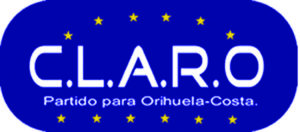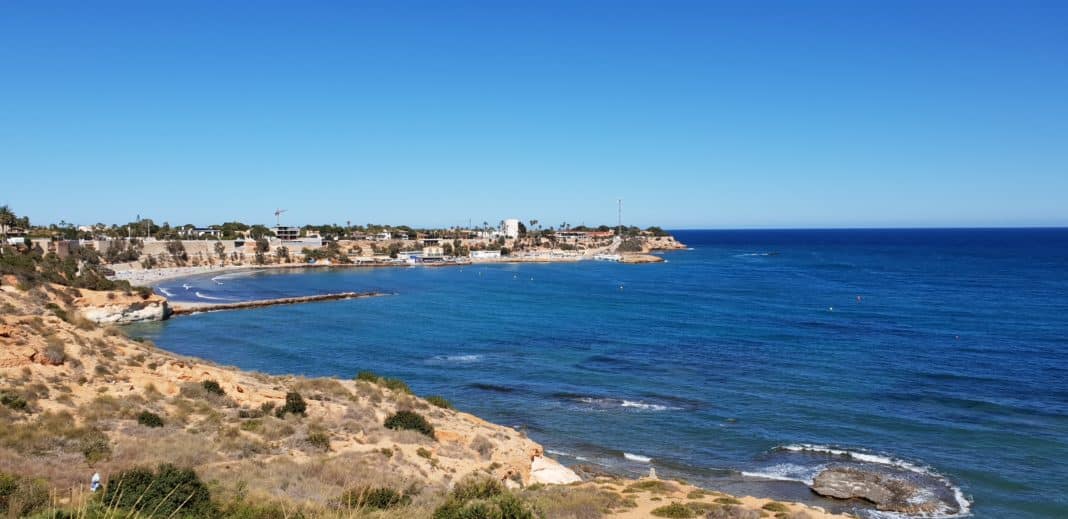
Antonio Cerdan, President of C.L.A.R.O., has written an article for the Spanish newspaper Información in response to an article they published recently with the misleading title that C.L.A.R.O. would join a new party and work for the independence of Orihuela Costa.
He explained that Claro has never promoted independence for Orihuela Costa. C.L.A.R.O. has instead always advocated the basic principles of Integration and Decentralization.
In our opinion, he said, independence is unachievable because of insurmountable political and legal obstacles including the requirement that the plenary of the Orihuela Town Council must vote in favour – who can really believe that the Oriheula-based political parties would vote to close their gold mine in Orihuela Costa?
Independence is in conflict with the principle of Integration, which is the only possible policy which reflects the reality of the population of Orihuela Costa, Spanish and non-Spanish, multilingual and multicultural and the reality of its place in a dispersed municipality whose capital is unfortunately 30 kilometres away.
Integration applies not only between the populations living on the coast but must also apply to relations between the coast and the rest of the municipality.
We all need to live in harmony.
C.L.A.RO.’s commitment to integration between coast and the rest of the municipality can be seen in the fact that it contested two of the four elections since its creation in alliance with Orihuela-based parties.
Integration, however, must be complemented by decentralisation in order to avoid the powerful, over-centralised tendencies of Orihuela city council. After C.L.A.R.O’s bad experience in government (2011-12) we have advocated a policy of decentralisation.
As a pragmatic and non-ideological party, a policy of decentralisation was included both in a government agreement with the Popular Party in 2012, which did not prosper, and likewise, in the common electoral programme with Cambiemos-Orihuela, with whom we contested the 2019 election and with whom we continue to maintain a close working relationship today.
By decentralisation, we mean a series of administrative and economic measures, such as changing the status of the coast, since we are neither a district nor a consolidated urban centre and we suffer the negative consequence of not having our own councillor with a corresponding budget.
A fair share of the municipality’s global budget is absolutely essential, a share which reflects what the coast contributes to the income of the municipal government (some 40% plus) and which would enable us to correct the glaring deficiencies from which we suffer in most of the services and infrastructures provided by the town council.
With regard to the unity of the Coast and next year’s municipal elections, C.L.A.R.O. has, since its inception in 2006 secured the major share of the vote of the coast (over 40%) in the four elections we have contested but without reaching the legal 5% threshold of the total vote cast which would ensure one elected councillor.
In order to increase the voting strength of the coast, we have always tried to bring together the active groups on the coast, as we continue to do today, on condition that we adhere to the same basic principles of integration and decentralization.
Independence is an illusion, not an achievable objective for as long ahead as anyone can see. We wonder if some of those advocating independence, without detailing how it could be achieved, are simply deceiving the people and resorting to tactics to gain electoral support, assuming that a legally registered party for the independence of the coast actually contests the next election in 2023.
These tactics do not lead to the unity of the coast, but rather promotes its division.





